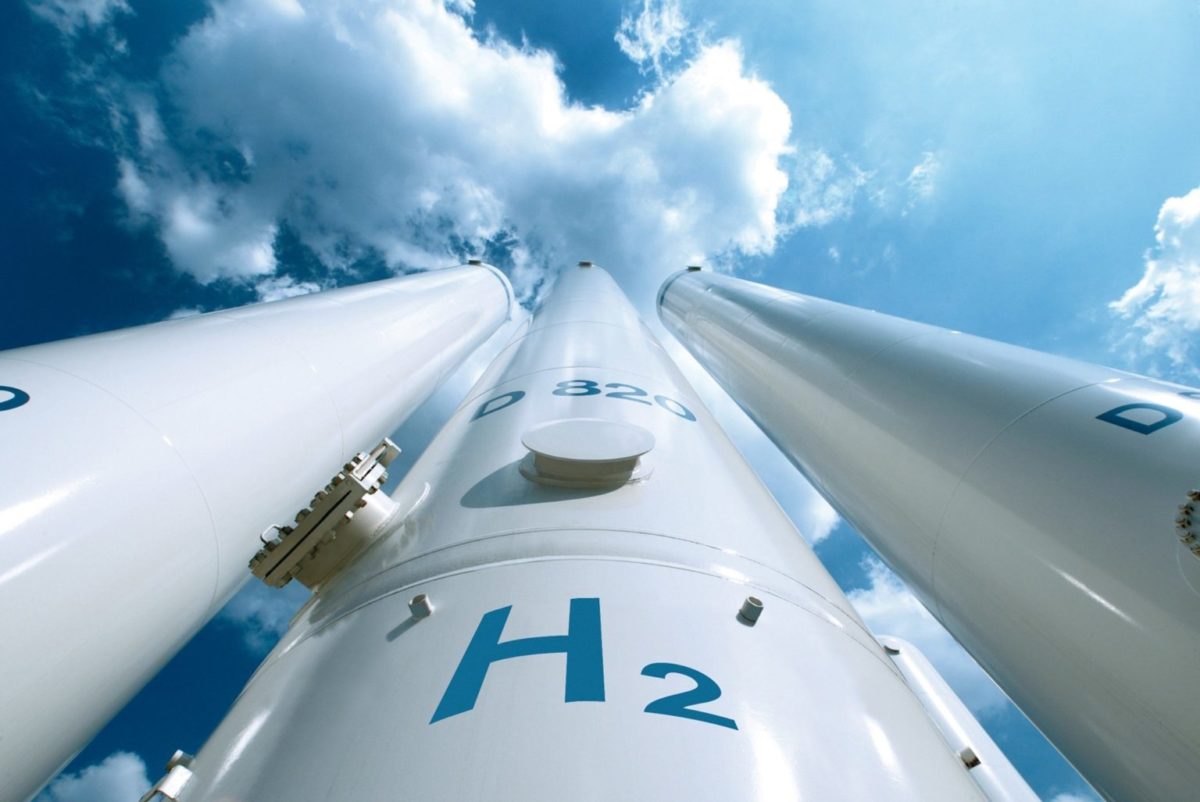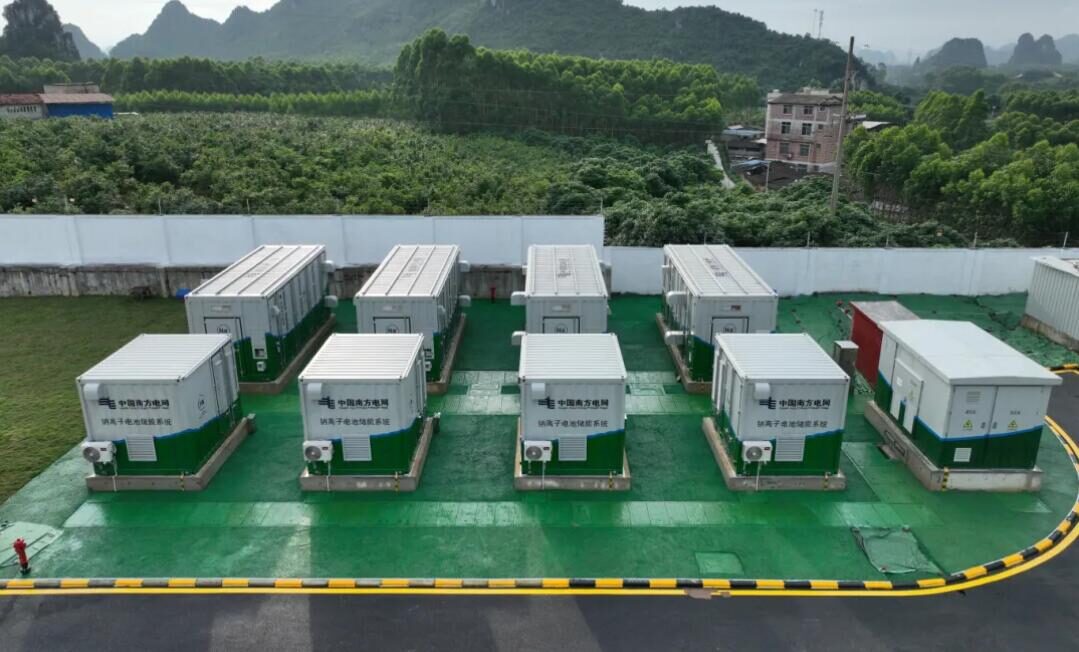Queensland’s University of Technology (QUT) is working on verifying Titan Hydrogen’s claims its patent-pending technology will “effectively double” vehicles’ driving ranges by enabling a fuel cell to produce more electricity from the same amount of hydrogen.
The Australian-based company claims its technology could increase the capacity of fuel cells by up to 60% and is now bringing the tech into the proof of concept stage in which it will undergo this independent validation process. “The technology facilitates a more efficient electrochemical reaction in the fuel cell, which means more available energy is produced from the same amount of hydrogen,” David Vinson, Chairman of Titan Hydrogen Limited, said in a statement.
Vinson said interim results from the QUT testing process are expected by the end of the year, with the research team led by Andrew Dicks in collaboration with Associate Professor Geoffrey Will. “The development will investigate the fundamental processes occurring within fuel cells using both electrochemistry and analytical techniques to validate fully the Titan fuel cell concept in which a novel nanostructured membrane is at the heart of the fuel cell,” Dicks said. “The aim of the work is to create a new type of hydrogen fuel cell that is not limited by losses caused by the high overpotentials experienced in currently available devices,” he added.
The efficiency of low-temperature Polymer Electrolyte Membrane (PEM) fuel cells is currently low and may convert less than 40% of hydrogen’s energy into electricity. This low conversion efficiency is a vital hurdle for fuel cell technology to overcome to make hydrogen a viable transport fuel. Currently, the ‘round trip’ efficiency of using hydrogen to store electricity can be as low as 50%, compared to batteries which can reach 90%.
Titan Hydrogen, which hasn’t received much press to date, claims its technology marks a “breakthrough” in overcoming this. “The Holy Grail for the hydrogen industry is to figure out a way to use less hydrogen to get the same output of energy. We think our fuel cell technology is on the verge of doing that,” the company’s chairman said.
Popular content
“If the cells show that they can produce more efficient energy, this will validate our technology and be a great first step for Titan and its investors,” Vinson added. “The technology has application across global automotive, marine and heavy trucking industries. The technology can ultimately be applied to any fuel cell.” Titan is currently undertaking a pre-IPO raise ahead of its goal of launching an IPO and becoming a publicly listed company in 2022.
This content is protected by copyright and may not be reused. If you want to cooperate with us and would like to reuse some of our content, please contact: editors@pv-magazine.com.




By submitting this form you agree to pv magazine using your data for the purposes of publishing your comment.
Your personal data will only be disclosed or otherwise transmitted to third parties for the purposes of spam filtering or if this is necessary for technical maintenance of the website. Any other transfer to third parties will not take place unless this is justified on the basis of applicable data protection regulations or if pv magazine is legally obliged to do so.
You may revoke this consent at any time with effect for the future, in which case your personal data will be deleted immediately. Otherwise, your data will be deleted if pv magazine has processed your request or the purpose of data storage is fulfilled.
Further information on data privacy can be found in our Data Protection Policy.